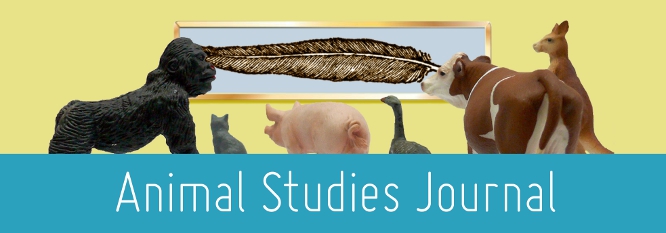Home > assh > ASJ > Vol. 8 (2019) > No. 1

Abstract
Subsequent to the exposure of live baiting and animal cruelty within the NSW greyhound racing industry in 2015, a public debate emerged about animal welfare, oppression and exploitation. It resulted in a community outcry, an inquiry into live baiting and animal welfare within the industry and a proposed ban of greyhound racing in the state of NSW. Whilst the proposed ban of greyhound racing was celebrated amongst animal activists, it was met with a mixture of sadness, shock and animosity from people from within the industry. Many of the people within the greyhound racing community felt stigmatised and discriminated against, arguing that the move was purely political. The exposure, the ban and, later, the withdrawal of the ban reflected a moral contestation, underpinned by the question of how humans relate to or should relate to animals. The debate largely ignored, however, the deeper ontological foundations for practice with and relationships to animals. Initiating an exploration of the ontological basis of human-animal relationships as it manifests within the greyhound racing community, I will in this article explore how members of this community use their relationships with both the humans and dogs involved in the sport as a means of constructing their social identity as a ‘greyhound person’; a category that delineates particular routines, practices and values. Using fieldwork material collected as part of a two-year long study with the greyhound racing community (2015-2016), I investigate how people involved in the greyhound racing industry relate to the dogs, and what implications this way of relating has to how identities are constructed, the greyhound is treated, and how this treatment is rationalised.
Recommended Citation
Groizard, Justine, Greyhounds and Racing Industry Participants: A Look at the New South Wales Greyhound Racing Community, Animal Studies Journal, 8(1), 2019, 133-157.Available at:https://ro.uow.edu.au/asj/vol8/iss1/9
Included in
Agricultural and Resource Economics Commons, Art and Design Commons, Art Practice Commons, Australian Studies Commons, Communication Commons, Creative Writing Commons, Digital Humanities Commons, Education Commons, English Language and Literature Commons, Feminist, Gender, and Sexuality Studies Commons, Film and Media Studies Commons, Fine Arts Commons, Legal Studies Commons, Linguistics Commons, Philosophy Commons, Political Science Commons, Public Health Commons, Race, Ethnicity and Post-Colonial Studies Commons, Sociology Commons, Theatre and Performance Studies Commons

